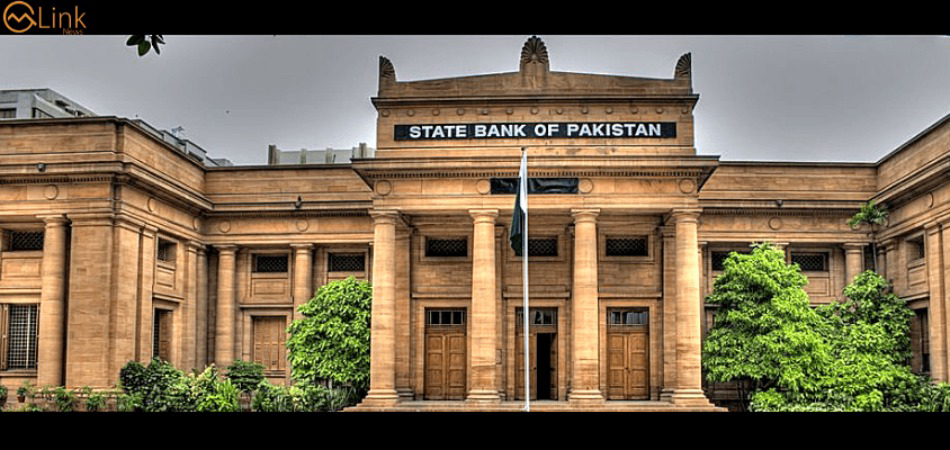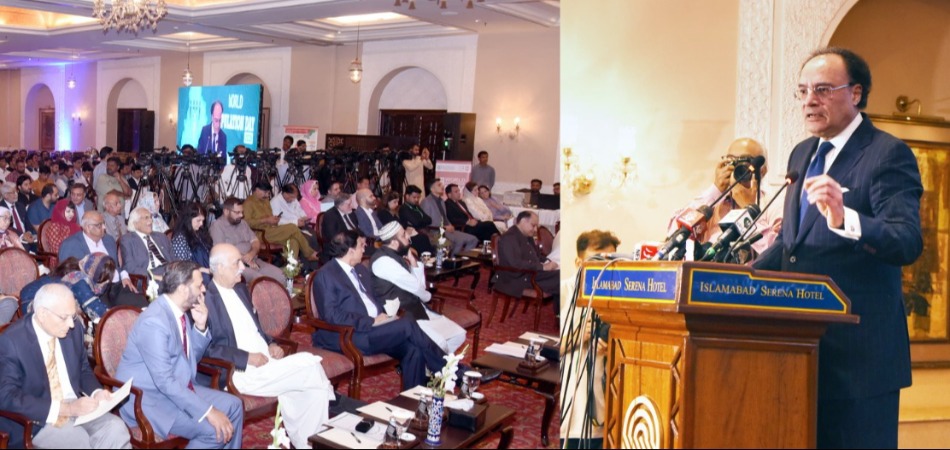World Bank urges full implementation of SOE act, privatization

MG News | April 02, 2024 at 01:10 PM GMT+05:00
April 02, 2024 (MLN): The full and effective implementation of the State-Owned Enterprises (Governance and Operations) Act 2023 and the SOE Ownership and Management Policy 2023, along with accelerating privatizations and implementing the SOE Triage exercise, is now critical for Pakistan, says World Bank.
Pakistan’s economic structure includes a significant number of state-owned enterprises (SOEs) operating across most sectors of the economy.
These SOEs have been consistently making losses since 2016, and the Government has been providing them with significant financial support through subsidies, grants, loans, and guarantees, leading to large and growing fiscal exposure.
The Special Focus section of this Development Update discusses the fiscal drain and risks of the federal SOEs and the critical reforms needed to improve their performance, efficiency, and governance.
The government should move to eliminate the practice of covering SOE operating losses with transfers from the federal budget and implement measures to manage fiscal risks associated with explicit and implicit obligations, such as holding SOEs accountable for performance and responsible for fiscal risks arising from their operations.
A triage exercise to review the functions and financial performance of individual SOEs was undertaken by the Ministry of Finance in 2020–21 to identify the SOEs that should be privatized, restructured, or retained by the Federal Government.
The 14 top lossmaking federal commercial SOEs, which accrue a large share of the fiscal costs to the Federal Government, were recommended to be either privatized or retained and restructured.
These SOEs include the 10 electricity DISCOs (which together incur an annual fiscal cost of 0.5% of GDP), PIACL, Pakistan Steel Mills (PSM), and Pakistan Railways. The PIACL frequently receives government bailout support.
The PSM closed its operations in 2015 but has yet to shut down and causes a fiscal drain in the form of grants and loans.
The losses of the Pakistan Railways are covered by annual government grants. Lastly, the Power Holding Private Limited (PHPL), though classified to be retained without restructuring, incurs high fiscal cost and is exposed to fiscal risk.
To limit fiscal costs to the government stemming from federal commercial SOE losses, the implementation of the SOE Triage 2021 is critical and should be expediated, including privatizations.
Key steps for its implementation include budgeting for restructuring and transaction advisory costs, developing a performance improvement roadmap for SOEs to be retained, resizing and improving the SOE portfolio by closing insolvent SOEs and restructuring inefficient but economically viable SOEs, while assessing the potential for divestment, where possible.
For SOEs identified for privatization, such as PIACL and PSM, financial viability could be improved through debt-to-equity swaps, converting overdue government loans into equity, and revaluation of investment property.
The Ministry of Finance, sector ministries, and the SOE Board of Directors should ensure the full implementation of the SOE Act and Policy, which provide a legal framework for the reform process and allows for private sector participation.
The transformation plan for non-strategic and non-essential SOEs by sector ministries will reduce the Government’s footprint and allow for different options to transform these SOEs, including but not limited to corporate restructuring, management contracts, joint ventures, public–private partnerships, and listing on stock exchange.
For essential SOEs,73 including the DISCOs, transformation options such as outsourcing, concession models, and management transfers should be explored.
These measures will reduce the fiscal burden of SOEs on the public exchequer. Further, SOEs under SWF should remain under the purview of SOE Act to improve financial transparency and corporate governance practices.
The NHA has the largest fiscal impact among commercial SOEs, with a loan stock equal to 4% of GDP and an asset base amounting to 9% of GDP.
It was excluded from the triage exercise due to its unique financing model and the extensive level of services it undertakes on a socioeconomic basis. However, the NHA requires significant financial restructuring.
It has a capacity to finance its viable projects from the capital market and to seek credit ratings.
Upon becoming a corporate entity, the NHA will have the opportunity to pursue various funding avenues, including self-financing, capital market loans, and public–private partnerships, without sole reliance on government loans or guarantees.
Until the transition to corporatization is complete, the NHA should receive funding through PSDP grants for socioeconomic projects.
Additionally, the NHA should implement sound financial management practices as mandated through amendments in the NHA Act of 2023, which requires the development of a business plan for commercial activities and costing of public service obligations for socioeconomic activities.
Copyright Mettis Link News
Related News
| Name | Price/Vol | %Chg/NChg |
|---|---|---|
| KSE100 | 134,299.77 290.06M |
0.39% 517.42 |
| ALLSHR | 84,018.16 764.12M |
0.48% 402.35 |
| KSE30 | 40,814.29 132.59M |
0.33% 132.52 |
| KMI30 | 192,589.16 116.24M |
0.49% 948.28 |
| KMIALLSHR | 56,072.25 387.69M |
0.32% 180.74 |
| BKTi | 36,971.75 19.46M |
-0.05% -16.94 |
| OGTi | 28,240.28 6.19M |
0.21% 58.78 |
| Symbol | Bid/Ask | High/Low |
|---|
| Name | Last | High/Low | Chg/%Chg |
|---|---|---|---|
| BITCOIN FUTURES | 118,140.00 | 119,450.00 115,635.00 |
4270.00 3.75% |
| BRENT CRUDE | 70.63 | 70.71 68.55 |
1.99 2.90% |
| RICHARDS BAY COAL MONTHLY | 97.50 | 0.00 0.00 |
1.10 1.14% |
| ROTTERDAM COAL MONTHLY | 108.75 | 108.75 108.75 |
0.40 0.37% |
| USD RBD PALM OLEIN | 998.50 | 998.50 998.50 |
0.00 0.00% |
| CRUDE OIL - WTI | 68.75 | 68.77 66.50 |
2.18 3.27% |
| SUGAR #11 WORLD | 16.56 | 16.60 16.20 |
0.30 1.85% |
Chart of the Day
Latest News
Top 5 things to watch in this week
Pakistan Stock Movers
| Name | Last | Chg/%Chg |
|---|
| Name | Last | Chg/%Chg |
|---|




 MTB Auction
MTB Auction